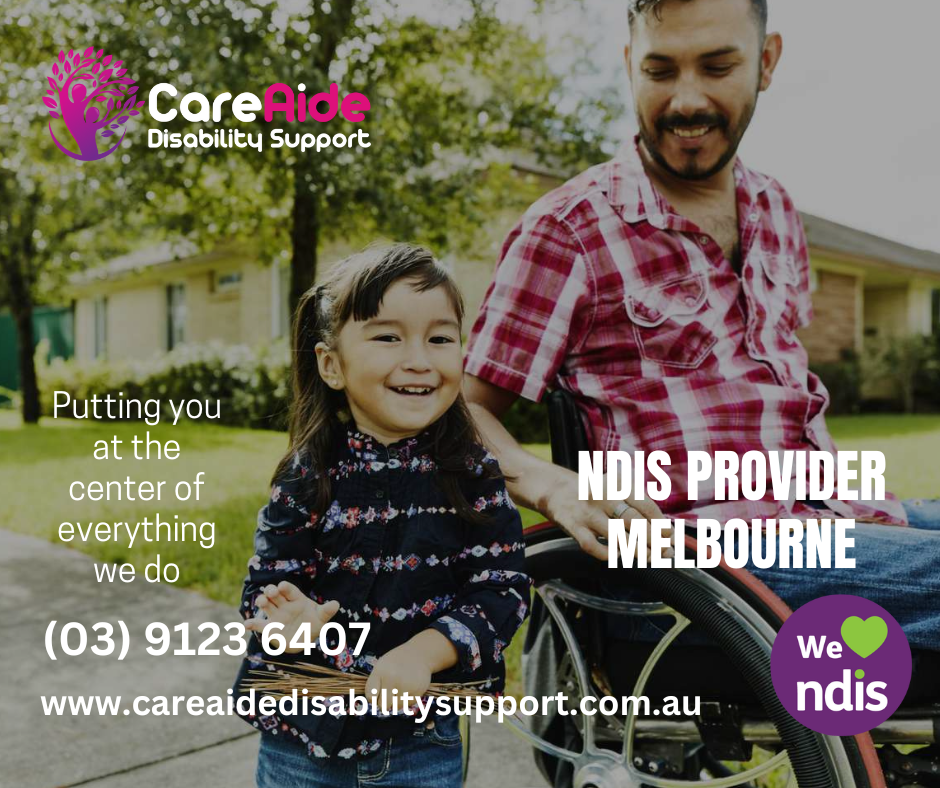
In the National Disability Insurance Scheme (NDIS), the principle of informed choice lies at the heart of empowering participants to have control over their lives and the supports they receive. Making an informed choice involves providing participants with essential information, knowledge and assistance to enable them to make decisions that match their objectives and ambitions. Disability support Melbourne plays a vital role in ensuring informed choice by actively involving participants in decision-making processes and respecting their autonomy.
Understanding Informed Choice:
Informed choice is a fundamental principle of the NDIS that emphasizes participants’ right to make decisions about the support and services they receive. It goes beyond merely providing options and requires NDIS providers to ensure that participants understand the available choices, their implications, and the potential outcomes. Informed choice involves:
Access to Information: Participants should receive clear, comprehensive, and easily understandable information about the supports and services available to them, as well as their rights and responsibilities within the NDIS.
Support for Decision-Making: NDIS providers should offer support to participants in navigating their options and understanding the impact of their decisions.
Respecting Autonomy: Participants have the right to make choices based on their preferences, values, and goals without undue influence or coercion.
Role of Participant Decision-Making:
Participant decision-making is a core aspect of informed choice. Participants should be actively involved in determining their NDIS goals and the support they require to achieve them. This process includes:
Setting NDIS Goals: NDIS provider Melbourne service collaborates with participants to identify their individual goals, aspirations, and areas where support is needed.
Identifying Supports: Providers work with participants to explore the various supports and services available that align with their goals.
Coordinating Supports: NDIS participants have the option to appoint Support Coordinators to assist them in navigating the NDIS system, coordinating their supports, and ensuring their choices are honoured.
Evaluating Outcomes: Participant decision-making involves ongoing assessment and feedback to evaluate the effectiveness of supports and services in achieving their goals.
Responsibilities of NDIS Providers:
NDIS providers have specific responsibilities to ensure that informed choice is upheld:
Provision of Information: Providers must offer accurate and unbiased information about available supports, services, and any associated costs, enabling participants to make informed decisions.
Accessible Communication: Information should be presented in a manner that is accessible to participants, considering their individual communication needs and preferences.
Respect for Preferences: Providers must respect participants’ preferences, even if their choices differ from what the provider may recommend.
Support for Decision-Making: NDIS providers in Melbourne should offer assistance and support as needed, helping participants explore their options and understand the potential consequences of their decisions.
No Pressure or Coercion: Providers must refrain from pressuring or coercing participants into making specific choices, ensuring that decisions are made freely and without undue influence.
Flexibility in Service Delivery: Providers should be flexible in adapting their services to meet participants’ preferences and changing needs over time.
Promoting Empowerment and Self-Determination:
Informed choice and participant decision-making promote empowerment and self-determination among NDIS participants in several ways:
Greater Independence: Participants who actively participate in decision-making experience a greater sense of independence and control over their lives.
Personalized Support: Informed choices lead to personalized support that aligns with participants’ unique needs and preferences.
Enhanced Outcomes: When participants are engaged in decision-making, they are more invested in achieving their goals, leading to improved outcomes.
Respect and Dignity: Respecting participants’ choices and autonomy fosters a culture of respect and dignity within the NDIS.
Collaborative Partnerships: The relationship between participants and providers becomes more collaborative and built on trust and understanding.
Challenges and Solutions:
While promoting informed choice is critical, some challenges may arise, including:
Information Overload: The abundance of information may overwhelm participants. Providers can address this by offering information in manageable formats and providing ongoing support.
Communication Barriers: Participants with communication difficulties may face challenges in fully understanding their choices. Providers can use communication aids and assistive technology to facilitate communication.
Cultural Sensitivity: Cultural differences may influence decision-making. Providers should respect participants’ cultural values and beliefs when offering support.
Informed choice and participant decision-making are essential components of the NDIS, empowering participants to be active agents in shaping their lives and the support they receive. NDIS provider Melbourne service plays a crucial role in ensuring that participants have access to information, support, and flexibility to make informed decisions that align with their aspirations. By promoting informed choice and respecting participant autonomy, NDIS providers create a supportive and empowering environment where participants can pursue their goals and lead meaningful lives with dignity and self-determination.

Recent Comments